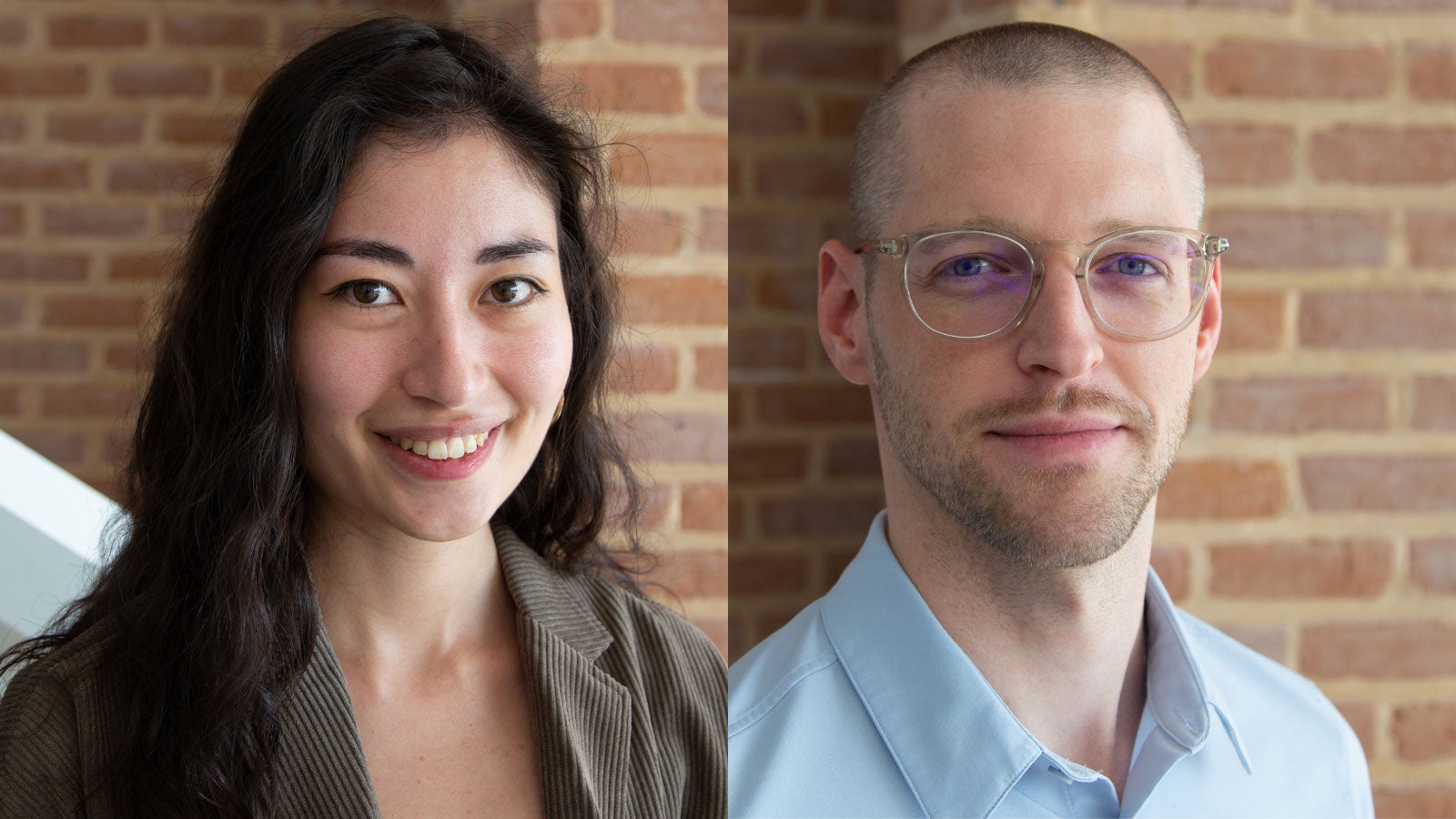Two recent Rice Engineering graduates have accepted research positions in prominent national laboratories. Rachael Alfant ’24 will be a postdoctoral associate with the Discrete Math and Optimization Group at Sandia National Laboratories, and Eric Wold ’24 has accepted a position as a federal research biologist with the United States Naval Research Laboratory.
Alfant received her Ph.D. in Computational and Applied Mathematics, working with advisors Sebastian Perez-Salazar and Andrew Schaefer. Her research areas include mixed integer programming and optimization under uncertainty.
At Sandia National Laboratories, she will focus on optimization and operations research to solve complex decision-making problems related to the mission areas of the United States Department of Energy.
Wold recently completed his postdoctoral fellowship in Rice University’s Department of Bioengineering, where he researched synthetic biology in professor Jeffrey Tabor’s lab.
He will bring his expertise to advance synthetic biology at the Center for Bio/Molecular Science and Engineering and develop solutions for the U.S. Navy and Department of Defense.
Alfant and Wold were both part of Rice Engineering’s 2023-24 Future Faculty Fellows (FFF) program, which supports Ph.D. students and postdocs in their faculty position application process through tailored workshops, one-on-one consultations and mock interviews. The FFF program gave them valuable guidance and support to help them determine that a position in a national research lab was the right fit for their careers.
“I think all the workshops, particularly the ones related to different types of faculty and academic positions, interview preparation, and negotiating offers, helped me envision myself in a wide range of careers in teaching, research, or a combination of both,” said Alfant. “The one-on-one consultations really equipped me to pursue those various career paths [and helped me] tailor each application to the particular jobs I was applying to.… Having the support along the way empowered me to make the decision that was best for me.”
The FFF workshops designed for the tenure-track faculty position application process also prepared them in their research career job search. “This program provided unparalleled community and support for navigating the job market,” said Wold. “Specifically, the advice on preparing research statements and completing an informative interview were most valuable.”
In the FFF program, both faculty and students are focused on a shared goal: successfully applying, interviewing, and negotiating for jobs. This shared purpose creates a bond amongst program participants as they prepare to launch their careers.
“It is good to be outside your own research group and with a group of people who are working towards similar goals,” said Wold. “The formed community provides additional motivation and support along the way.”

